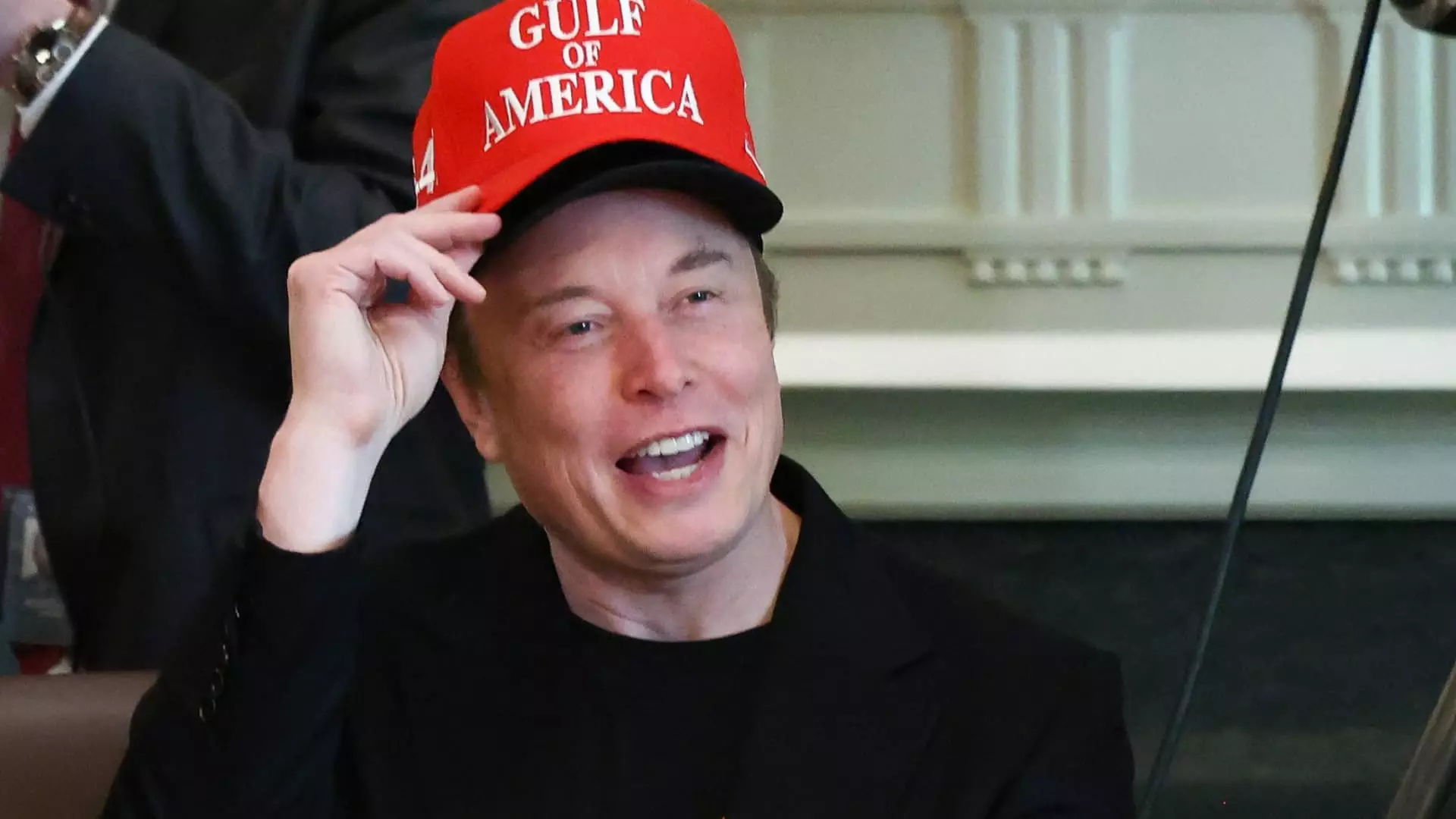Elon Musk’s recent exit from a unique role within the Trump administration illuminates a complex narrative about the intersection of private enterprise and public service. Appointed as the head of the Department of Government Efficiency, Musk epitomized the controversial trend of employing titans from the private sector in governmental capacities. His arrival at the helm signified a radical shift aimed at slashing wasteful spending and streamlining operations, a prospect that garnered both avid support and fierce criticism.
Musk’s tenure included a commitment to introduce his innovative approaches from technology and commerce into the framework of federal governance. He was vocal about his ambition to transform governmental operations using principles reminiscent of his leadership styles seen at Tesla and SpaceX. This audacity to revolutionize a bureaucratic system speaks volumes about Musk’s unyielding belief in optimization—one that could disrupt traditional processes.
The Role of Vision and Controversy
However, Musk’s approach didn’t come without its share of controversies. His critiques of the administration’s spending plans during a recent CBS interview underscore the tension between ambitious reform and political reality. Musk labeled the proposed spending bill as detrimental, a move that many interpreted as a fundamental clash in governance philosophy. The underlying question here hinges on whether a billionaire entrepreneur can effectuate sweeping changes against entrenched political interests—a narrative that continues to play out long after his formal departure.
Musk’s remarkable ability to juggle multiple roles raises questions of accountability and efficiency. The challenges he faced while balancing his responsibilities at Tesla, SpaceX, and the fledgling xAI juxtapose the burdens of public expectations against the backdrop of corporate precariousness. This duality brings forth the crux of his recent statements regarding returning to his core businesses, suggesting that perhaps the government operations sphere is not where his future ventures lie.
Unpacking the Legal and Institutional Repercussions
Moreover, Musk’s time in government has not been without looming shadows of legal entanglements. With allegations emerging that he may have breached federal laws during his service, the scrutiny adds layers to his legacy. Concern from institutional investors, as reflected in the pension fund leaders’ letter to Tesla’s board, emphasizes a growing sentiment that demands not only accountability from Musk but also a reevaluation of his leadership commitments. The implication that earning future compensation at Tesla could be contingent on meeting minimum work hours reveals anxieties about governance in a corporate framework that intermingles with political responsibilities.
While Musk’s aspirations to reform governmental efficiency align with a broader need for innovation in public service, the complexities of his involvement highlight significant questions about governance, accountability, and the impact of relentless ambition. As he withdraws from this governmental role, the implications of his brief yet impactful tenure will likely resonate beyond the corridors of power, challenging how we perceive the efficacy of cross-sector leadership and the future of government operations in the modern age.


Leave a Reply